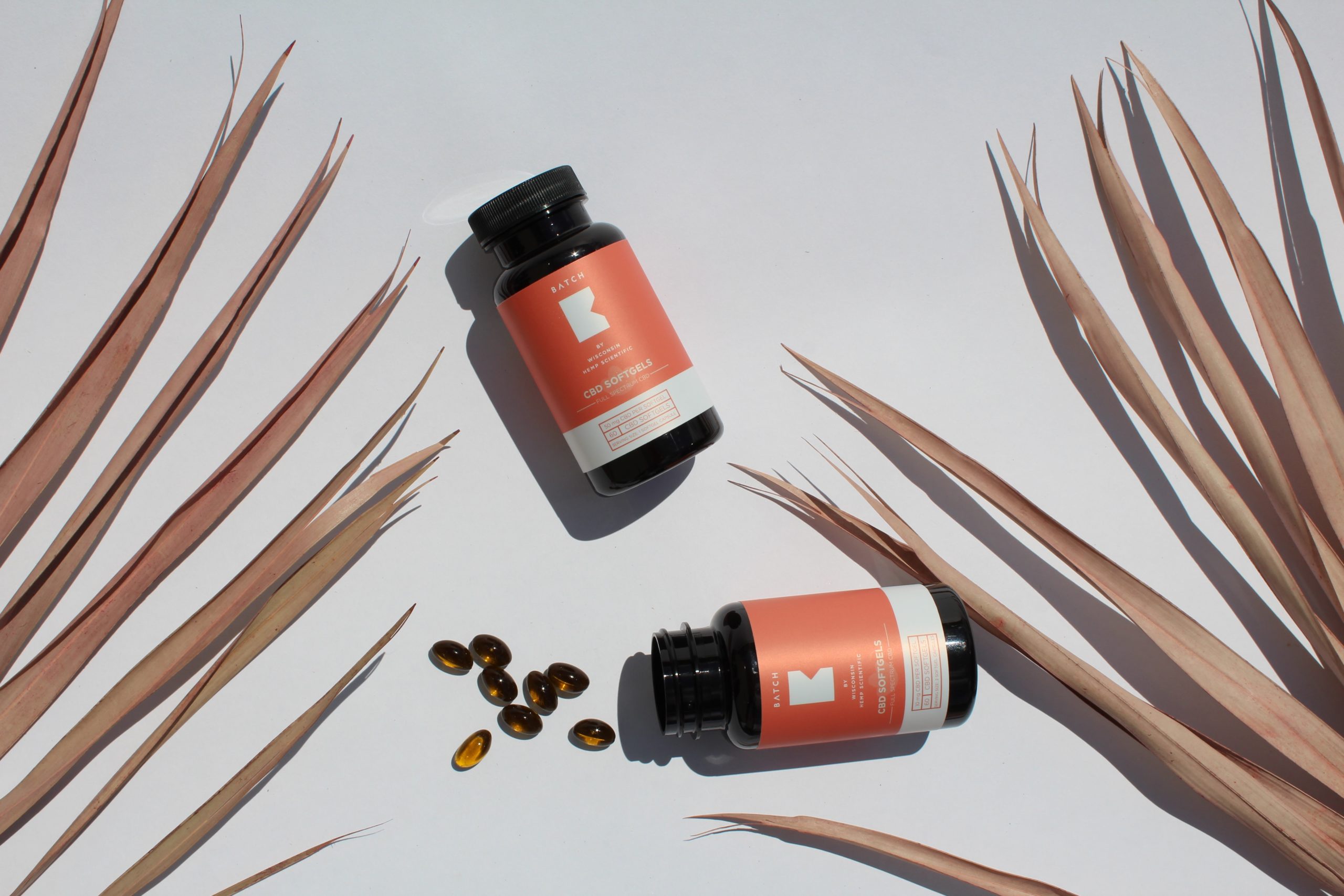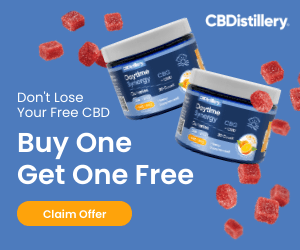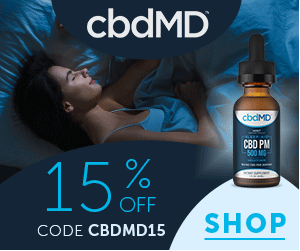Comparing the Efficacy: CBD Capsules vs. CBD Oils
The growing popularity of CBD products has brought forth a variety of consumption methods, each with its unique advantages and drawbacks.
Among the most popular are CBD capsules and CBD oils (or tinctures). But which one stands out in terms of efficacy? Let’s dive deep into the comparison.
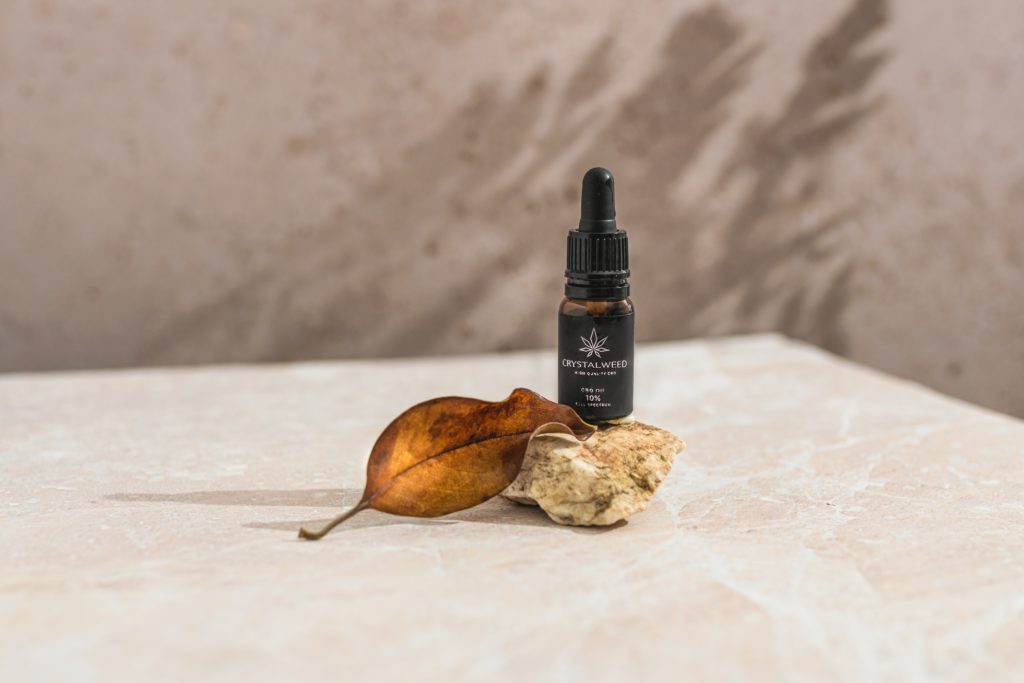
Understanding the Basics
CBD Capsules: These are pill-like capsules containing CBD, often combined with a carrier oil like coconut oil. They provide a tasteless, convenient, and discreet method of consumption.
CBD Oils: This form is taken sublingually (under the tongue) using a dropper. The oil is held for a few seconds before swallowing to allow for absorption through the mucous membranes.
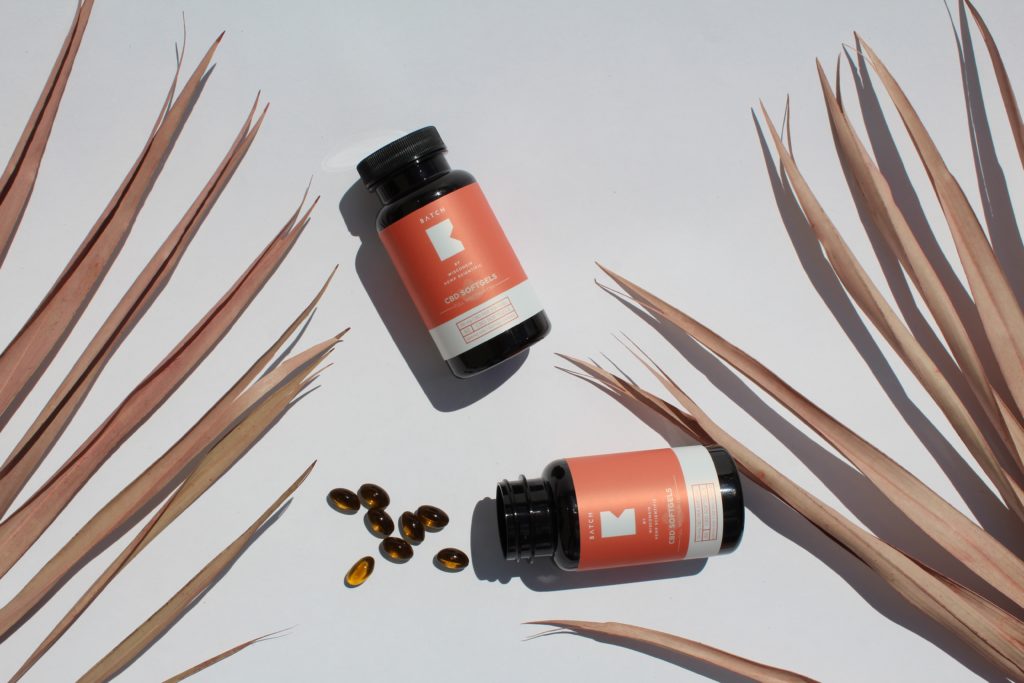
Bioavailability: Absorption into the Body
CBD Oils: Generally, tinctures have a higher bioavailability than capsules since they’re absorbed directly into the bloodstream via the sublingual gland. This means that more CBD can enter the system faster, providing quicker effects.
CBD Capsules: The CBD in capsules first goes through the digestive system. As a result, some of it gets lost in the liver before entering the bloodstream, leading to a slightly reduced bioavailability.
Ease of Dosing
CBD Capsules: They offer a major advantage in terms of consistent dosing. Each capsule contains a predetermined amount of CBD, eliminating the guesswork.
CBD Oils: While droppers can provide flexibility in dosing, it might be challenging to ensure consistent dosage, especially for beginners.
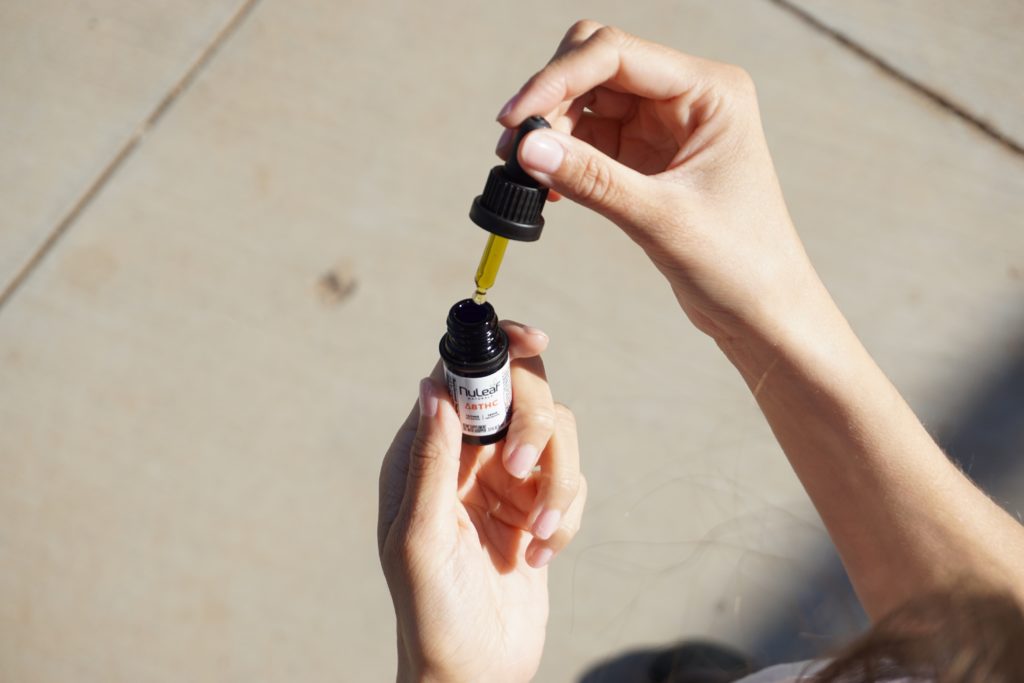
Onset and Duration of Effects
CBD Oils: Effects are generally felt faster (often within 15-45 minutes) since the CBD bypasses the digestive system. However, the effects might wear off sooner compared to capsules.
CBD Capsules: While they may take longer to kick in (typically 45 minutes to 2 hours), the effects often last longer due to the slow release of CBD in the digestive system.
Taste and Discretion
CBD Capsules: Ideal for those who dislike the taste of CBD oil. Capsules are also more discreet and can be taken like any other supplement.
CBD Oils: Some users might find the taste of certain oils unpalatable. However, flavored versions are available. Using a tincture is less discreet due to the need to administer it under the tongue.
Shelf Life and Storage
CBD Capsules: Generally have a longer shelf life and are less prone to degradation from light and air.
CBD Oils: Might degrade faster if exposed to air and light frequently. It’s essential to keep them in a cool, dark place.
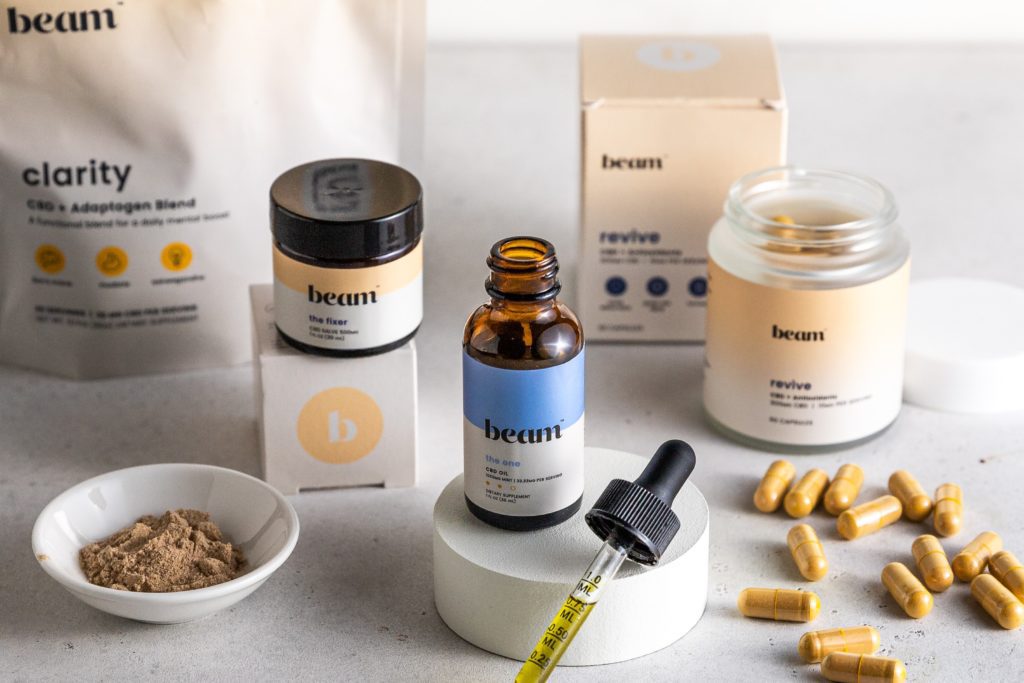
Which is More Effective?
The “effectiveness” of CBD capsules vs. oils largely depends on individual preferences and needs. If you prioritize faster effects and dosing flexibility, CBD oil might be your choice.
However, for consistent dosing, longer-lasting effects, and taste discretion, CBD capsules could be the way to go.
Remember to consult with a healthcare professional when starting or switching CBD products to ensure it aligns with your health goals and needs.
Post Disclaimer
Please note that HempHealthOnline is not a medical service or healthcare provider. The content provided on this site, including text, graphics, images, and other material, is for informational purposes only and is not intended to be a substitute for professional medical advice, diagnosis, or treatment. Always seek the advice of your physician or other qualified health provider with any questions you may have regarding a medical condition.

